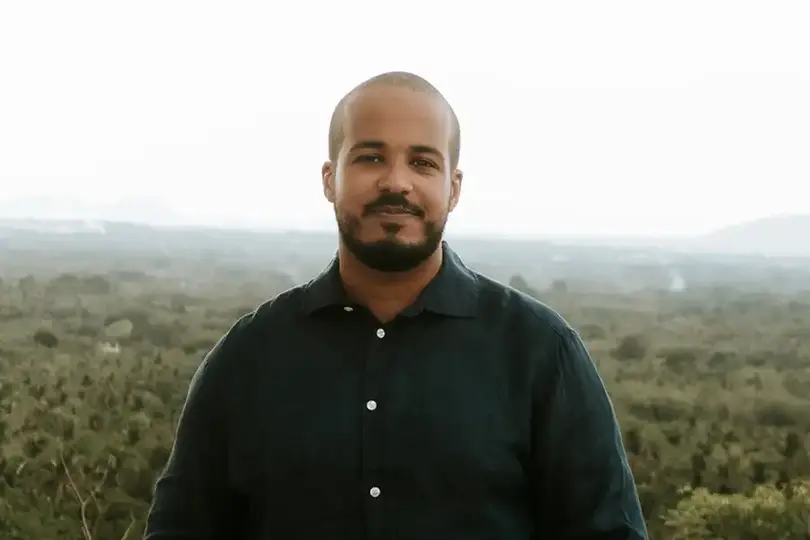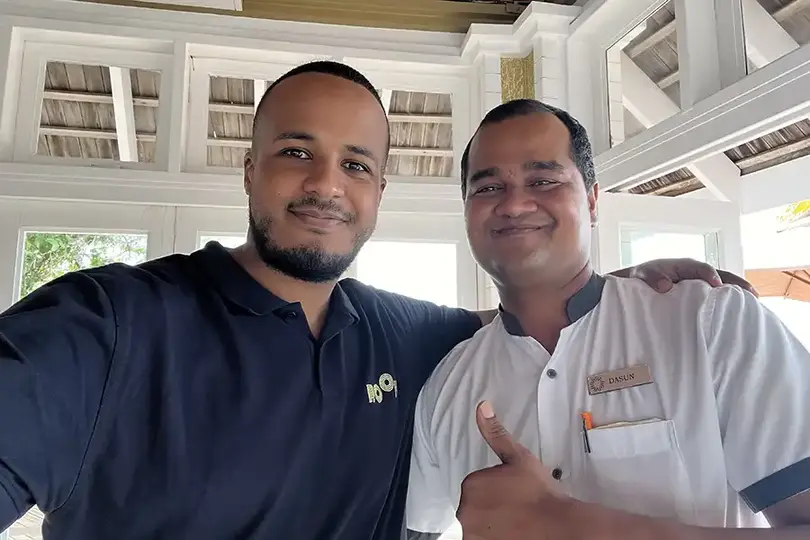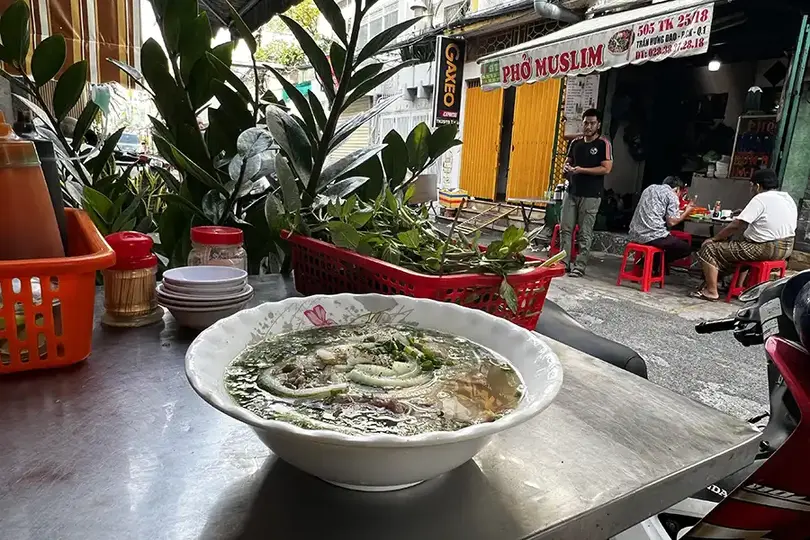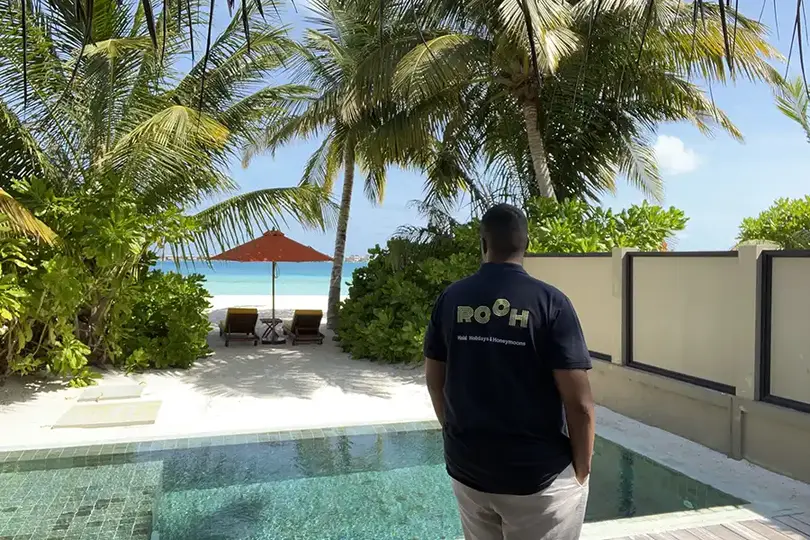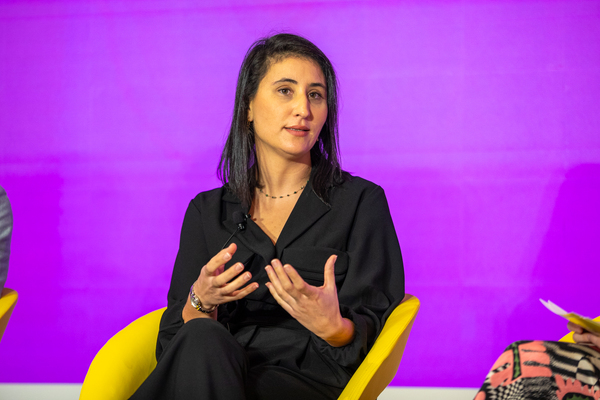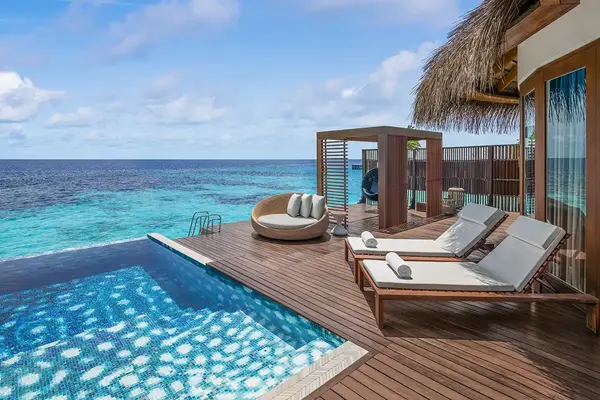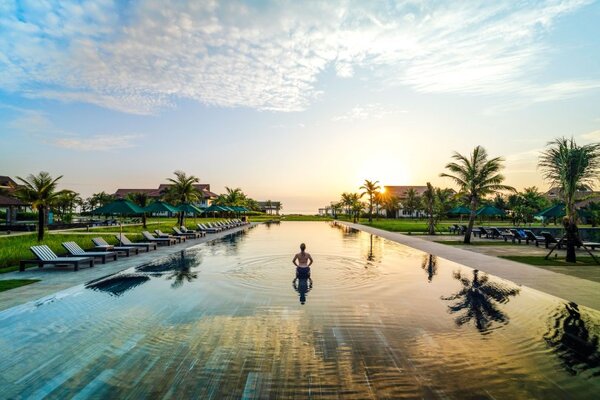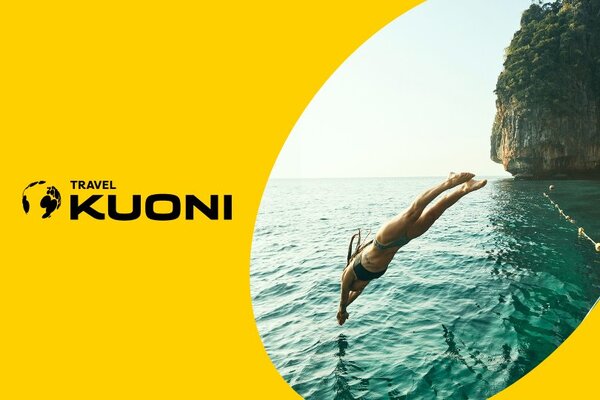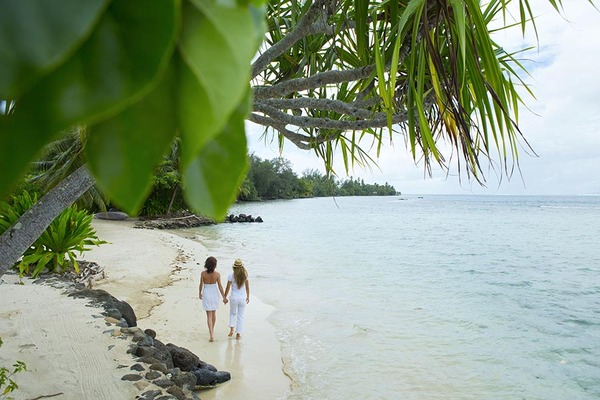How to book holidays for Muslims without compromising their faith
Walid Haji founded Rooh Travel to book bespoke itineraries for a largely ignored, yet lucrative market – modern, proud Muslims with a high level of disposal income and the curiosity to explore the world.

Young entrepreneur Walid Haji has set up his own travel company, Rooh Travel, to cater for Muslim travellers. He was motivated to do so when he realised the industry was not doing enough to service the needs of young, adventurous, affluent Muslim travellers.
Haji says: “There’s a whole market of Muslims, second or third generation immigrants, who have grown up in Western countries for a better life. They are the first in their families to go to university, to have professional jobs, they’ve accomplished a lot, and they have that spending power to go on holiday.”
Haji himself was born in Somalia, and came to England in 2002. He had no English when he started primary school, and went on to achieve a degree in Maths. Inspired by his love for travel, he worked in the marketing department at Bristol-based tour operator Wayfairer Travel for three years.
It was during this time he realised there were no travel services or agencies targeted towards his preferred travel choices. “There are agencies specialising in pilgrimages, often run by the older generation,” he explains. “But I couldn’t find a travel designer who could help me book the holidays I spotted on Instagram without compromising my faith.”
When his friends started tapping into Haji’s travel expertise and asking for advice about how to find great places to stay that aligned with their religious practices, he realised there was a gap in the sector that he could fill.
“I’ve made mistakes, like booking a hotel in a party destination,” he says. “I want to offer my experience to Muslims in my shoes.”
In 2021, Rooh Travel was born, and in his first year of operations, Haji helped more than 100 Muslims to take halal-friendly trips, earning rave reviews for his personal service and attention to detail. The business has continued to grow, aided by repeats and referrals.
He reveals it was a steep learning curve. “I know how to use SEO to get my brand and website in front of my target market, but I’ve had to learn about the legal and financial side of things, and sales… how to turn a potential client into a paying one.”
Thus far, he has stuck to what he knows, focusing on a few select countries that he has personally visited, in south-east Asia, the UAE and the Maldives. But future ambitions include branching out to offer more destinations, such as Africa and safari; making the website more interactive, so it covers all touch points of the experience; and growing his supplier relationships.
“I’m trading off my personal expertise,” he says. “I see my clients as an extension of my family. My passion for travel is apparent and that helps to establish trust. I’ll stick with that because it works for me.”
He encourages other travel designers to take advantage of the Muslim pound, because he thinks the industry is missing a trick where that’s concerned and he’s confident the market is only going to grow.
“For my clients, it’s a bonus that there’s another Muslim offering this service. Anyone can service this market – so long as you understand what Muslims are looking for, and don’t make them feel different for wanting it.”
How to design a Muslim-friendly holiday
1. Easy access to Halal food
Haji says: “It’s ideal when a hotel offers Halal food, but it’s also important to research nearby outlets and restaurants, and knowing the destination will certainly help with that. The Maldives is the only 100% Muslim country in the world, where all food is Halal, and it will be clearly labelled when it’s not, such as bacon, for example. In Muslim-majority countries such as Malaysia, Dubai, and Indonesia (with the exception of Bali, which is Hindu), it’s a safe assumption that Halal is default. But in Thailand and Vietnam, I would always pre-vet the hotels.”
2. Nearby prayer facilities
Haji says: “My clients are happy to pray in their hotel rooms, they don’t need a mosque attached to the property, but it is nice to have intricate mosques to visit. And being able to hear the call to prayer when you are outdoors – that’s an experience you don’t get in London. In the Maldives, most of the resorts will have a mosque on the island, where staff pray between shifts. You might not notice a mosque because they are typically plain houses hidden behind lush foliage but hotels are open to sharing these with their Muslim guests. JA Manafaru is the stand-out here – it has a beautiful Moroccan-style mosque.
3. Avoid nightlife
Haji says: “Party places are a no-go. Suggest areas that are family-friendly, and have a modest atmosphere. This is especially relevant for Thailand, for example, I would not place clients in hotels near Khaosan or Sukhumvit roads.”
4. Ensure privacy
Haji says: “In beach destinations, hotel room types that offer privacy are important. Look to offer spaces where couples can relax and swim together, just the two of them. It could be the one time the woman has a hijab-free experience. That’s why the pool villa experience in the Maldives is very popular for Muslim honeymooners.”
5. Don’t typecast
Haji says: “Ask what their preferences are. There are two billion Muslims in the world and it would be silly to think we are all one and the same – some want a completely modest environment while others aren’t too fussed. Turkey has done at a good job at targeting more conservative Muslims, and I have recommended hotels in the Antalya region that have segregated swimming pools / beaches for women and men and where bikinis are swapped for burkinis.”
6. Request an alcohol-free minibar
Haji says: “It’s common for Muslims to abstain from drinking, and so you could offer to request that alcohol is removed from the minibar, and the hotel provides a non-alcoholic alternative to a welcome bottle of champagne or a mocktail on arrival. Think how you can change your language to make the client feel comfortable about these considerations.”
7. Tailor cultural recommendations
Haji says: “Our honeymooners tend to be more focused on relaxation, and they want a stress-free experience, but they may want to combine the beach with a city such as Istanbul or Kuala Lumpur, where they can visit Muslim heritage sites. We don’t offer Spain but there’s lots of Muslim history in the south of the country.”

